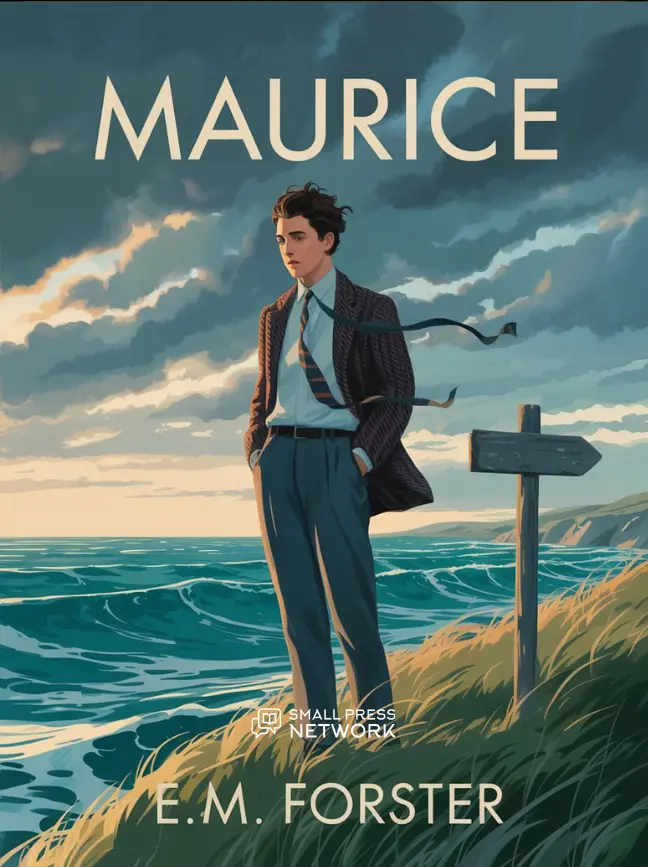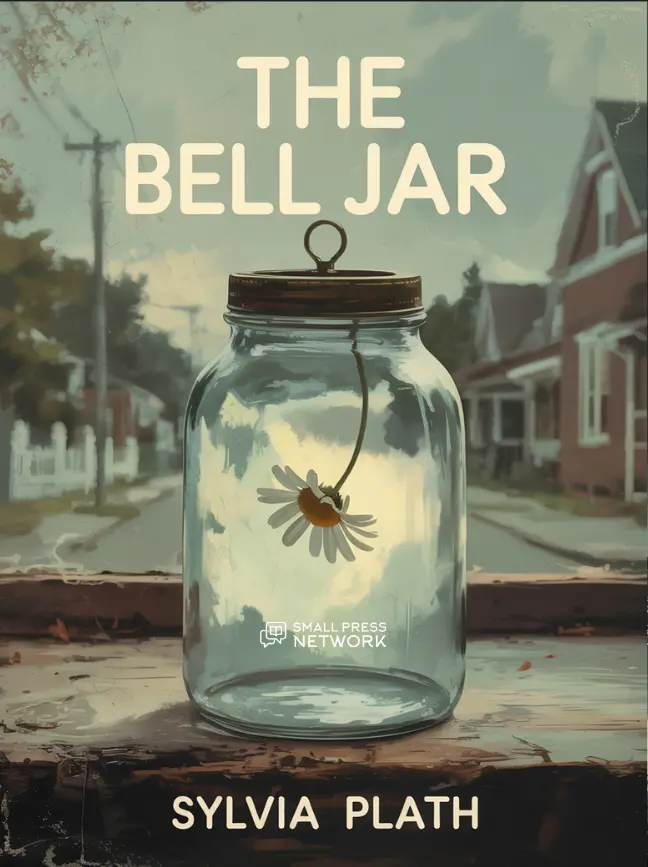(A street in front of the palace.)
(Enter Othello and Iago.)
Jago.
Do you think so?
Othello.
Do I think so, Iago?
Jago.
What, secretly kiss each other?
Othello.
Unauthorized kisses?
Jago. Or even to lie naked in bed with her boyfriend for one, two, or more hours without meaning anything bad about it? That shouldn’t be possible?
{ed. * An allusion to the infamous chastity test of Saint Robert of Arbrissel, who carried out a test in the middle of two beautiful young nuns, which would have been dangerous with an ugly one.}
Othello. Naked in bed, Iago, and mean no harm? That’s trying to make a fool of the devil. Those who do such things with virtuous intentions are not tempted by the devil; they tempt heaven.
Jago.
And yet, if they do nothing, it is only a venial sin:
but if I give my wife a handkerchief—
Othello.
What then?
Jago. What then? Then it belongs to her, my lord; and since it belongs to her, I think she can give it to another.
Othello.
Her honor belongs to her too; may she therefore give it away?
Jago. Your honor is an invisible thing, and it always remains problematic whether you have it or not; but the handkerchief—
Othello. By heaven! you remind me of something I would fain have forgotten; you said—oh, it comes upon my memory like a raven foretelling evil upon a pestilential house—that he had my handkerchief.
Jago.
Yes, and what’s more?
Othello.
It’s just too much.
Iago. What would it matter if I said I saw with my own eyes that he had offended you, or I heard it from him himself? (For there are such villains who, when they have brought any woman under their control, either by fierce persecution or by the lady’s voluntary surrender, cannot possibly keep themselves from telling.)
Othello.
Did he say anything then?
Jago. He has, my lord; but rest assured, there is nothing he will not deny and swear to again.
Othello.
What does he say?
Jago.
What? He did—I don’t know what—to her.
Othello.
What, what?
Iago.
Situated.
Othello.
With her?
Jago.
By her, or upon her—whatever you will—
Othello.
By her! On her! Lying by her! That is all that
can be said: The handkerchief—His own confession—The handkerchief! the
handkerchief!—I shake at the very thought—But for some great
cause, nature would not wrap herself in such a shadow
. It is no words that shake me so—Nose,
ears, and lips—is it possible! His confession! Her handkerchief!
—O devil!
(He faints.)
Iago.
Do well, my mixture, do well! Thus must one
catch credulous fools—many honest and chaste women, with
all their innocence, lose their good name in just such a way.
What, hey! My lord! Do you not hear? Othello! hey!
Scene Two.
(Cassio enters.)
Iago.
Where do you come from, Cassio?
Cassio.
What’s going on here?
Jago. The general has been attacked by the falling woe; this is the second shock; he had the first yesterday.
Cassio.
Rubs it around the temple.
Iago. No, don’t touch him; one must allow faintness to take its peaceful course; or he’ll begin to foam at the mouth and finally burst into the wildest rage. Look, he’s stirring; move away a little, and he’ll soon come to himself again. When he’s gone, I’d like to speak to you about a matter of great importance.
(Cassio leaves.)
—How are you, my lord? Didn’t you hit your head?
Othello.
Do you still mock me?
Iago.
I mock, by heaven! I do not; but I wish you
bore your misfortune like a man.
Othello.
A horned man is a monster; a beast.
Iago:
If that’s true, then there are plenty of
monsters in populous cities, and quite tame and well-mannered monsters at that.
Othello.
So he confessed it himself?
Iago. Dearest general, be a man! Consider, there are few bearded fellows who, if yoked differently, would not go with you. Millions of men live this moment, lying every night in a bed they share with others, and yet swearing that it is their own. Your case is still better. Oh, that is the devil’s greatest joke, to place a lewd meze in a secure matrimonial bed and present her as a paragon of virtue. No, it is better if I know it; if I know what I am, I also know what she should be.
Othello.
Oh, you speak like an oracle; that is certain.
Iago. Just step aside for a little while, hide yourselves, and have a little patience. While you lay here, so unmanly overcome by your grief, Cassio came here. I immediately thought of something to give your faintness a seeming cause and sent him away again, but asked him to come back soon, because I had to speak with him. He promised me. So just hide somewhere where you can see him; and watch the roguish, triumphant smile, the mocking expression, the visible frivolity that betray his secret in his whole face. For he must begin his story to me again from the beginning: where, how, how often, since how long, and if he has come into conflict with your wife, and intends to do so again; I say, just watch his expression—Oh, damn it, patience, or I shall finally believe you are full of gall and have not the slightest resemblance to a man.
Othello. Hark you, Iago! I’ll show you that I can seem patient as long as it’s necessary; but a bloody vengeance shall redeem me.
Jago.
It’s worth listening to, but only in due time. Would you like
to step aside?
(Othello hides himself.)
(—Iago, without Othello hearing him, continues:)
Now I will ask Cassio about his Bianca, a woman who sells her charms to buy bread and clothes. The fool is mortally in love with Cassio, and as punishment for having deceived so many, she is now being deceived by him; for he cannot help laughing out loud whenever he hears her spoken of.—Here he comes.
Scene Three.
(Cassio (to Iago.)
Iago. The more he laughs, the more Othello will rage; his smiles, his gestures, his frivolous manners, his smallest movements, will, by the jealous Moor’s interpretation, be made traitors to him. Now, how do you, Lieutenant?
Cassio.
So much the worse, because you attribute to me a character whose
deprivation makes life a torment for me.
Iago.
Only make haste to Desdemona, and you shall not
fail. (More quietly.)
Indeed, if Bianca had the power, how quickly would you
be restored.
Cassio (laughing)
How did you come up with this poor fool?
Othello (ahead of him.)
See how he laughs already.
Jago. In my life, I have never seen a woman so in love with a man.
Cassio.
Poor wretch, I think indeed she is in love with me.
Othello (ahead of him)
Now he denies it so coldly, and laughs afterward.
Iago.
Do you hear, Cassio?
Othello (in front of him)
Now he urges him to confess: Well, well, go on!
Jago.
She says you want to marry her. Is that your intention?
Cassius.
Ha, ha, ha!
Othello.
Do you triumph, villain? Do you triumph?
Cassio. I, to marry her?—A sister of mercy? I beg you, show my reason as much Christian love, and believe something better of her. Ha, ha, ha!
Othello (to himself)
So, so: whoever wins has the laugh.
Jago:
Indeed, the word is, you will marry her.
Cassio.
I beg you, are you serious?
Jago:
I’ll be a rogue if it’s otherwise.
Othello (to himself)
Have you taken my measure? Well, then!
Cassio. If that’s so, it comes from the monkey himself. She’s got it into her head that I’ll marry her, and that only because she wishes it, and not because I promised her.
Othello.
Now he begins the story—
Cassio.
She was here recently; she follows me wherever I go.
I was recently on the shore, talking with some Venetian women,
when the fool came and threw her arms around my neck so tenderly—
Othello (aside.) And cries, O, dearest Cassio, or something like that; his gestures say so.
Cassio. Clings to me, and hugs and kisses me, and weeps for me, and shakes and presses me, so hideously tender—Ha, ha, ha!—
Othello. Now he tells how she dragged him into my bedroom: O, I see your upturned nose before me, but I do not see the dog to whom I would throw it.
Cassio.
Well, I can’t stay here any longer.
Jago.
As you please—but here she comes herself.





